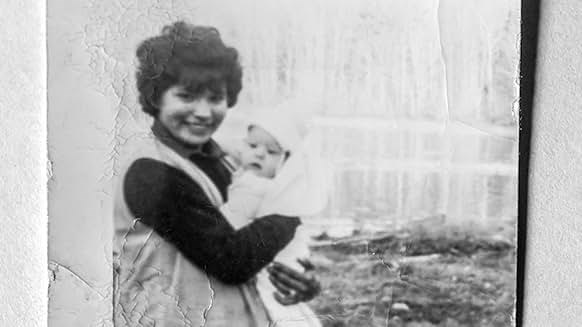THUNDER BAY – On Friday at Fort William First Nation Community Hall, the documentary, Audrey’s Story, was screened.
Audrey Anderson was in her teens with a dream of becoming a nurse and purchasing a house big enough for all of her siblings, the documentary said.
She was killed in 1972 in Sioux Lookout. Her death was classified as an accident until 2018 when police reopened the investigation, due to her family’s advocacy.
In the documentary, Jolene Banning displays the pain inflicted on her family with the death of her aunt, and how they were left with so many questions due to provincial police’s lack of investigation.
“The cycle keeps continuing,” Banning said.
“When we look at what happened with my aunt Audrey, found on the side of the road, it was deemed an accident.
“She's the one that jumped from the car. When they went to the OPP, she's at fault for her for what happened to her.
“Whenever you think of Murdered and Missing Indigenous Women, Girls, Boys, that's always the narrative spun, is that somehow, we are at demise for what happens to us. We are at fault for dying, we end up in the rivers and it’s our fault."
Banning said it’s a terrible narrative that needs to stop, because it’s not the truth.
The documentary had the room filled with emotion on Friday.
“I saw a lot of people visibly upset.
“I had family here that had seen the film for the first time. In the documentary itself, I have two aunts in there that just died during COVID.
“My daughter was in the film. My daughter just died just a little over a year ago.
“It's an emotional documentary.”
Banning’s aunt Norma, Audrey’s sister, was in attendance of the screening.
“I'm glad she's here, but this is really hard for her.
“This is their older sister that they looked up to, that they grew up with, that died at a young age, 19 years old.
“That's a teenager. No one, no one thinks that their life's going to end at 19 years old.”
As a younger girl, Banning thought the treatment she received was normal.
“You think it's so normal when you grow up, being treated this way by the police, by institutions in power, by institutions where we're supposed to go to learn like schools and you get treated this way your entire life.
“You think that you deserve to be treated like this. It's not until you take a step back and realize this is horrific treatment. This is racism, this is discrimination, this is what leads to our death and it's not our fault, but somehow media and storytellers and people in positions of power can spin it to make it our fault.
“And then that's the narrative that gets told to the rest of Canada,” she said.
Banning’s heart aches for her grandparents for the way the police dismissed them.
“It makes me feel very, very sad for my grandma, for my grandpa that his daughter died and he went to the police for justice, that he went there for help and he was told to go home. He was threatened.
“I can't even imagine the pressure that put on him. I can't even imagine how that made him feel thinking this official body of the government, the police, to serve and protect and they're doing the exact opposite.
“They're protecting the accused, right?”
